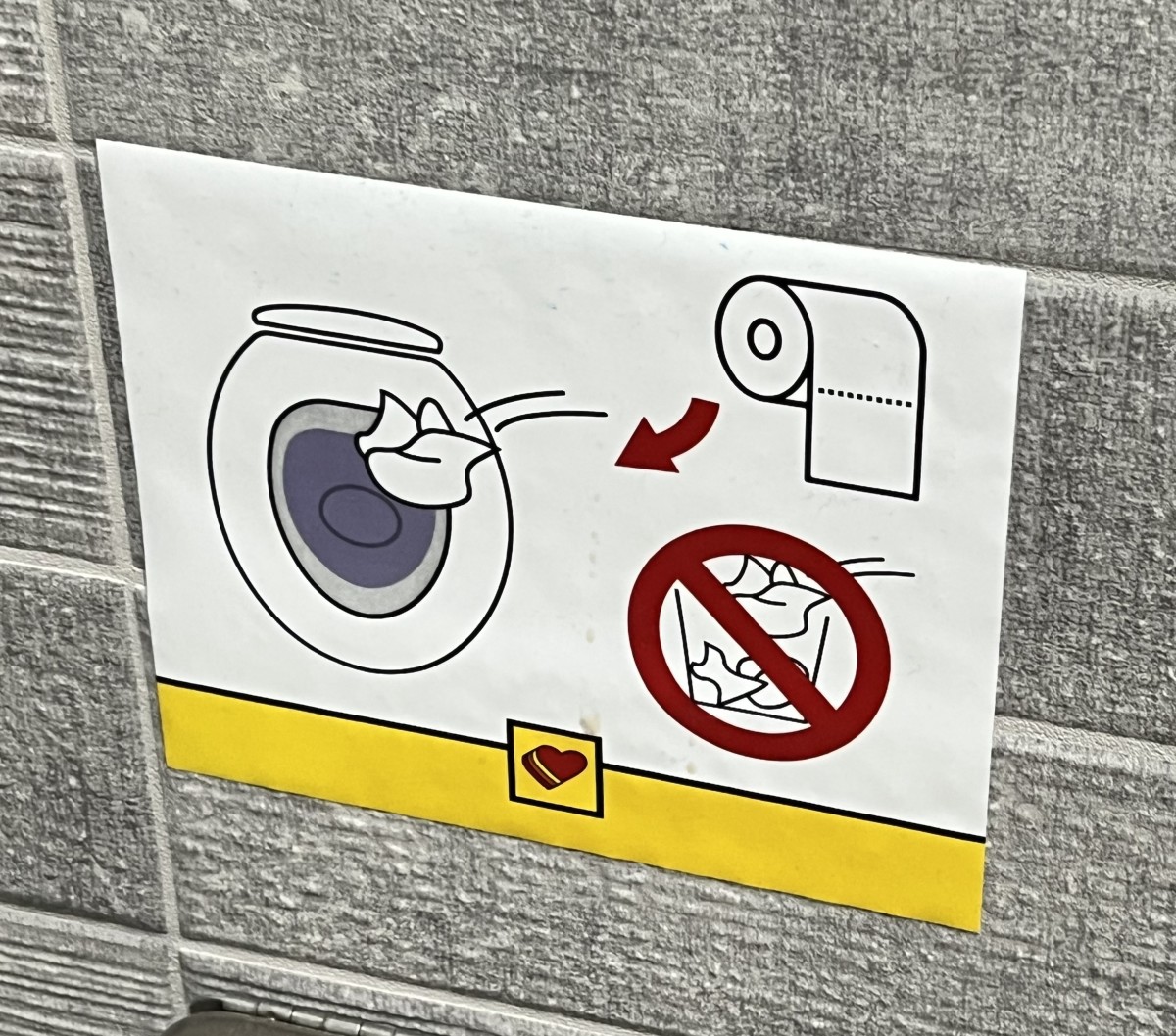Criminal Prosecution, Immigration, and You
Do you find it difficult to understand the rules for immigration?

Am I in trouble?
Being charged with a crime is always scary. There is a lot at stake if you are found guilty. This could mar your reputation and record for the rest of your life. It could limit your liberties and hold you back from doing what others take for granted.
The stakes are even higher, though, if you are trying to come to America or become a citizen. This is because Criminal Prosecution can make things very difficult for an alien (see: 8 USC 1182(a)(2) INA section 212(a)(2); 8 USC 1227(a)(2), INA section 237(a)(2)). The law says that a person who has committed a Crime Involving Moral Turpitude (CIMT) can be deemed inadmissible to the United States.
This kind of crime (CIMT) will be a bar to an alien who wants to enter the United States under section 212(a)(2)(i)(I) on the INA (Immigration Nationality Act). For example, crimes involving controlled substances receive harsh treatment under the INA. (212(a)(2)(i)(II) of the INA.)
A serious crime can make it impossible for a person to get into the United States. This bar to admission applies to aliens who are not permanent residents, illegal aliens, or individuals outside of the country. It can also make it impossible for resident aliens to get permanent residence in the United States.
There are a few different areas of crime that can be considered to involve Moral Turpitude:
• Crimes Against The Person
• Crimes Against Property
• Sexual and Family Crimes
• Crimes Against the Authority of Government

Not every crime in these areas will become a bar to you, but they could. To determine if a criminal charge against you could be considered a CIMT, you should consider contacting an Immigration Attorney to protect your rights.
In general, these CIMT’s are crimes where the penalty is at least one year or more. Under immigration law, the idea of moral turpitude has been interpreted very broadly. It is defined on a case law basis and has been applied to many things. This makes it hard sometimes to know for sure what will be a CIMT and what will not be. These crimes could be any fraud, theft, burglary, robbery, murder, manslaughter, income tax evasion, assaults with weapons, domestic violence, conspiracy related crimes, and drug trafficking.
If the crime has a penalty less than a year, there might not be a problem if there is a only one criminal conviction. This could be drunk driving, retail fraud, or simple assaults. The big exception to this is domestic violence. Yet even if it is less than a year, the impact could still be severe because immigration officials have such broad powers.
There is a often surprising problem when it comes to one of these crimes. Even though the criminal prosecution of the crime may not be that big of a deal to you at the time, it might have a much bigger impact on your Immigration Status.
You might be charged with felony theft, for example. You plead to a misdemeanor. You might pay a fine, but no jail time. It does not seem like a big deal because that is the end of it. While that might be the end for Criminal purposes, it might not be the end for Immigration. It could stop you from changing your status or renewing your Visa.
You say, “But it was not a felony.” You need to understand, the Immigration official has broad latitude in enforcing these guidelines. He could determine that the facts that you plead to still equate to a felony even though the court only called it a misdemeanor. He could say it is still a CIMT. It could still be a bar.
Do you believe the Immigration Laws are Fair

Not everyone knows.
Most courts, prosecutors, and even criminal defense attorneys do not understand how powerful the immigration official is. They do not understand that the immigrations officials have a lot of discretion that they can exercise. Many people are later hurt after a prosecution because they took a plea that they thought was safe. Years later, they find out that some immigration official calls the petty crime of shop lifting (for example) a Crime Involving Moral Turpitude.
Let us assume that you have been accused of felony theft. This would definitely be a CIMT. But you plead to trespass to chattels. This is not usually a CIMT. But be careful that you do not admit in the proceedings to any actions that establish the elements of felony theft. This is important. Later, the Immigration Official could look at what you pled to and call it a CIMT.
Because most non-Immigration Attorneys do not understand how serious this is, you need to consider hiring an Immigration Attorney to work with your Criminal Attorney if you are involved in any theft crime, dishonesty crime, violence crime, etc.
If you are considering taking a plea, discuss with an Immigration Attorney if that type of crime is ever considered a CIMT. And if you take a plea, be careful that you do not plead guilty to any facts that amount to a CIMT.
Finally, just because you are found guilty of a CIMT, it does not mean that you have no way to fight it for immigration purposes. No, there are ways to get past that, but that process can become difficult. It is better to avoid it altogether if at all possible.
Do immigration officials have too much discretionary power.
How does the author know about Immigration Law?
Andrew Grosjean is an attorney at law (California) who has experience helping people with their Immigration issues. He is also a member of the American Immigration Lawyers Association. He has also helped people to get their Social Security Disability and their Michigan Unemployment benefits.
I believe in justice from a Biblical world view. There is a Judge that we all must one day answer to. So, we should to do the right thing. Isaiah 56:1 "Thus saith the LORD, Keep ye judgment, and do justice: for my salvation is near to come, and my righteousness to be revealed."
If you need an Attorney or have questions, feel free to call Andrew at 313-729-9794.
Disclaimer.
This
is an article with helpful tips for those that are facing legal issues. It is simply the personal opinion of
myself and should not be construed as specific legal advice. If you are
facing a legal problems of this type, you should confer with a specialist in
this area to analyze your specific situation and give you a proper
opinion on how you should pursue your case. While the author has been
authorized to represent is a
California attorney, Andrew Grosjean is not licensed to practice law in
Michigan. He is, however, admitted to the Federal Court in south-east Michigan.









